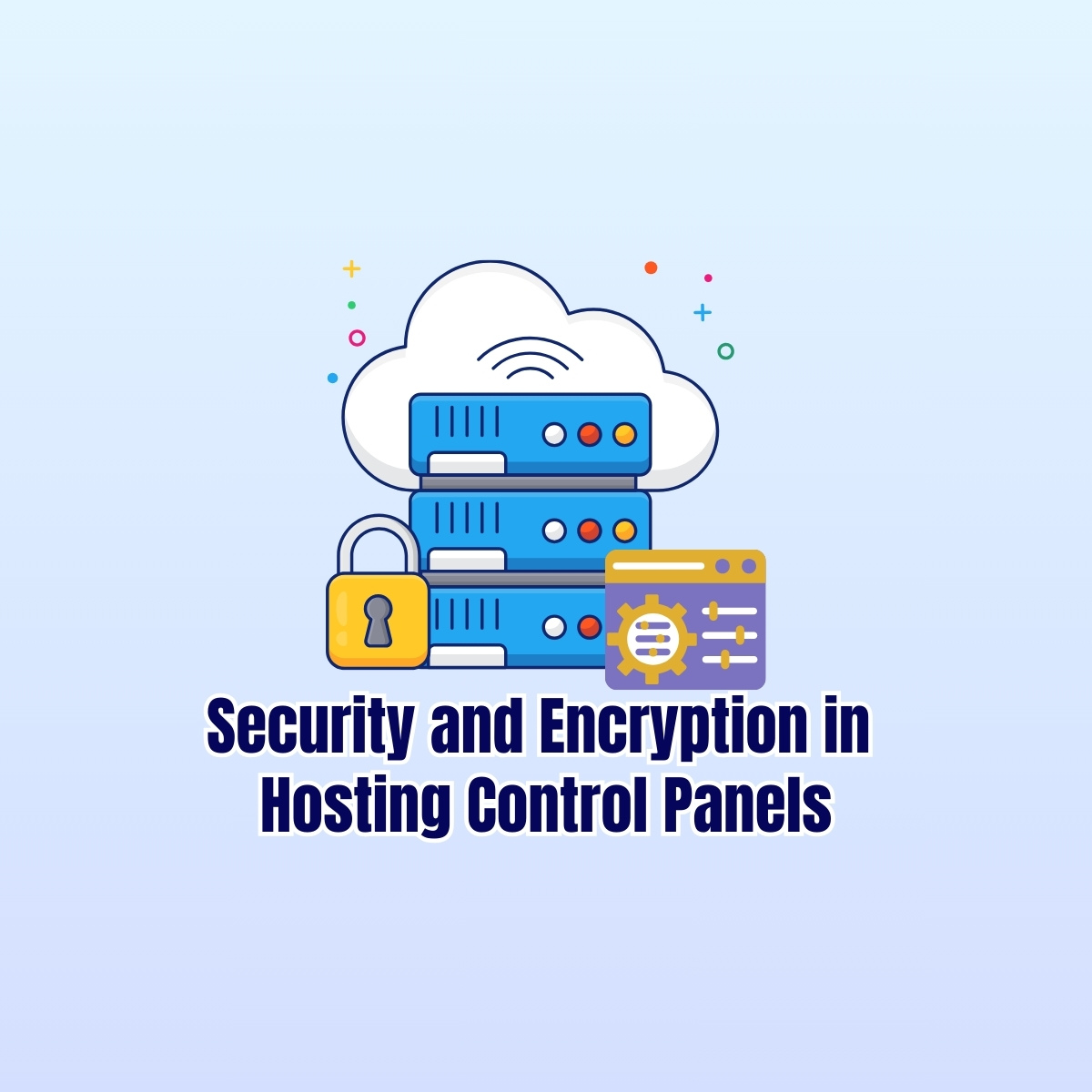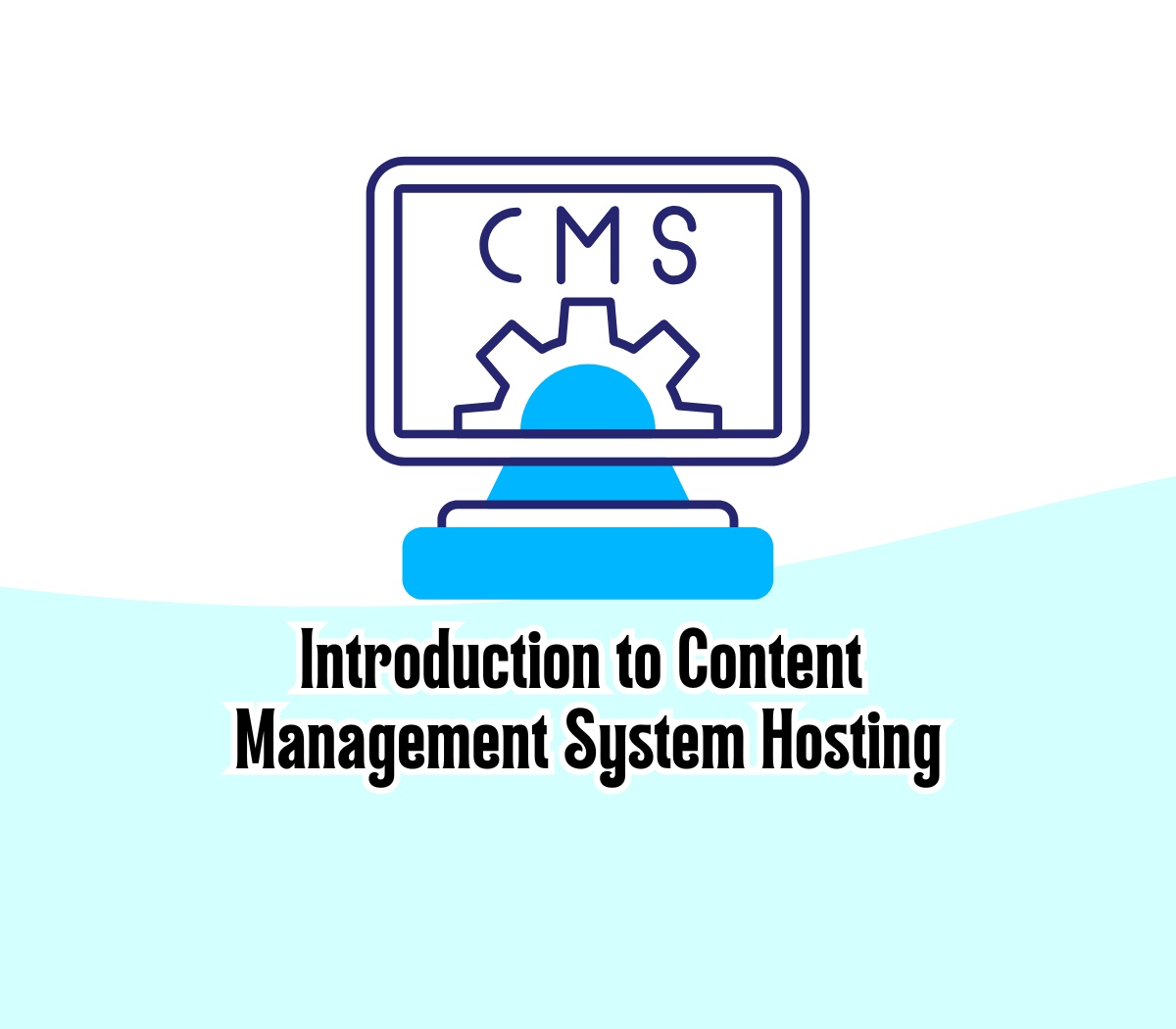
A Close Look at Security and Encryption Features in Hosting Control Panels
In the digital age, where cyber threats loom large and data security is paramount, hosting control panels play a crucial role in managing and securing websites, applications, and server environments. These web-based interfaces provide users with tools and utilities for administering server settings, managing files and databases, and configuring security settings. In this article, we’ll take a close look at the security and encryption features offered by hosting control panels and their importance in safeguarding sensitive data and protecting against cyber threats.
Understanding Hosting Control Panels:
Hosting control panels, such as cPanel, Plesk, and DirectAdmin, are web-based interfaces that enable users to manage various aspects of their hosting environment from a centralized dashboard. These control panels offer a range of features and functionalities, including:
– Server Management: Control panels allow users to manage server settings, monitor resource usage, and perform administrative tasks such as restarting services and configuring firewall rules.
– Website Management: Users can create and manage websites, domains, and subdomains, install content management systems (CMS) and web applications, and configure DNS settings.
– File and Database Management: Control panels provide tools for managing files, directories, and permissions, as well as creating and managing databases, users, and permissions.
– Security and Encryption: Hosting control panels offer a variety of security features and encryption tools to protect sensitive data, secure connections, and mitigate cyber threats.
Security and Encryption Features in Hosting Control Panels:
1. SSL/TLS Certificates: Secure Socket Layer (SSL) and Transport Layer Security (TLS) certificates are essential for encrypting data transmitted between the web server and users’ browsers. Hosting control panels facilitate the installation and management of SSL/TLS certificates, allowing users to secure their websites with HTTPS encryption and establish trust with visitors.
2. Firewall Configuration: Control panels provide tools for configuring firewall rules and access control policies to regulate incoming and outgoing network traffic. Users can create custom firewall rules, block IP addresses, and restrict access to sensitive services to enhance server security and prevent unauthorized access.
3. Two-Factor Authentication (2FA): Two-factor authentication adds an extra layer of security by requiring users to provide a second form of verification, such as a one-time code sent to their mobile device, in addition to their username and password. Control panels offer built-in support for 2FA, helping users protect their accounts from unauthorized access and credential theft.
4. Security Hardening: Control panels include security hardening features and recommendations to help users secure their server environments against common vulnerabilities and exploits. These features may include automatic security updates, password strength requirements, and recommended configurations for web server software and operating systems.
Conclusion:
In conclusion, security and encryption features are essential components of hosting control panels, providing users with the tools and capabilities to protect their websites, applications, and server environments against cyber threats and security vulnerabilities. By leveraging SSL/TLS certificates, firewall configurations, two-factor authentication, security hardening measures, and scanning tools, users can enhance the security posture of their hosting infrastructure and mitigate the risks associated with unauthorized access, data breaches, and infections. As cyber threats continue to evolve, hosting control panels play a crucial role in empowering users to safeguard their digital assets and maintain the confidentiality, integrity, and availability of their online presence.







